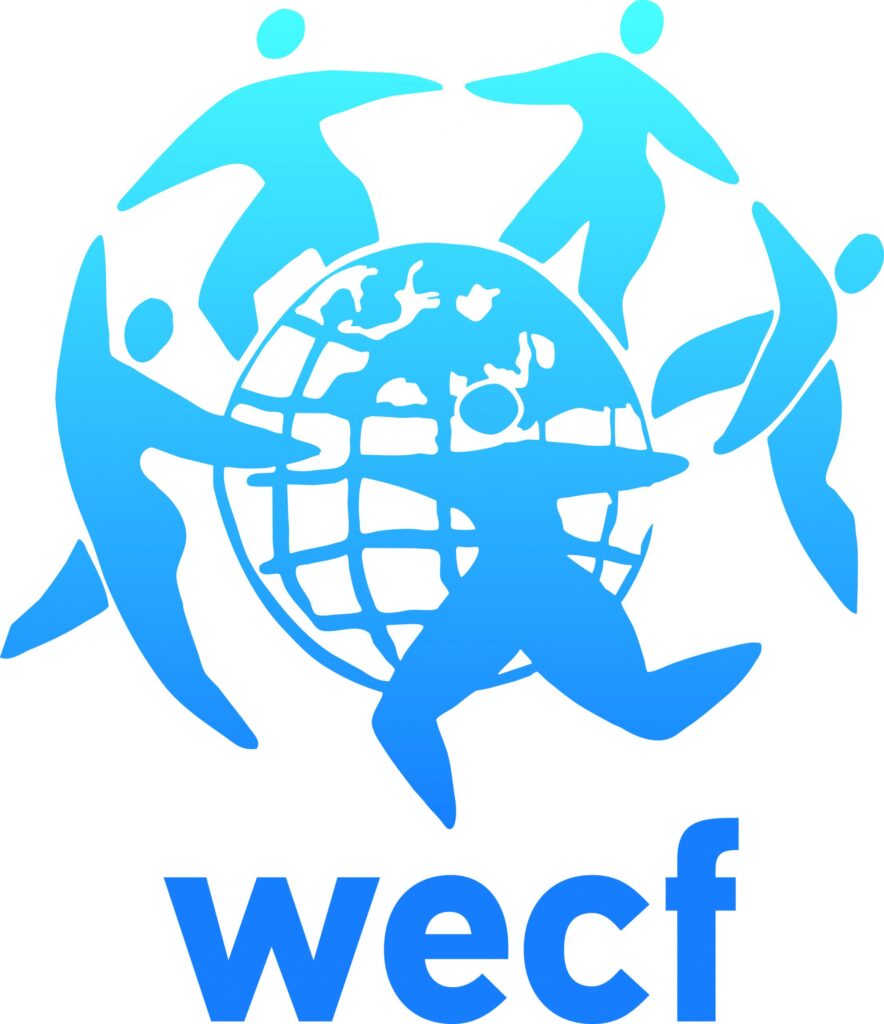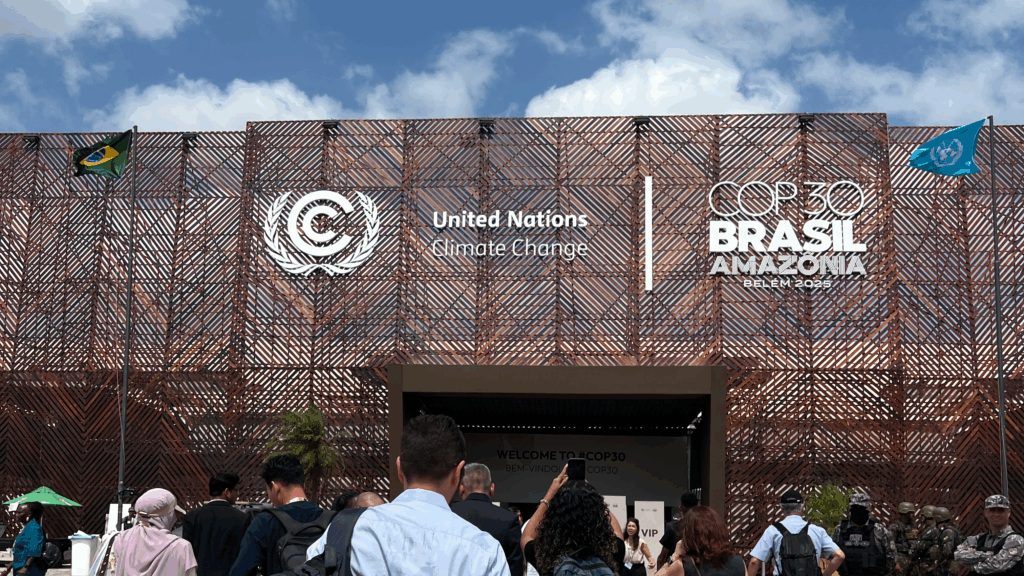
Women’s leadership to reduce climate impact from chemical pollution
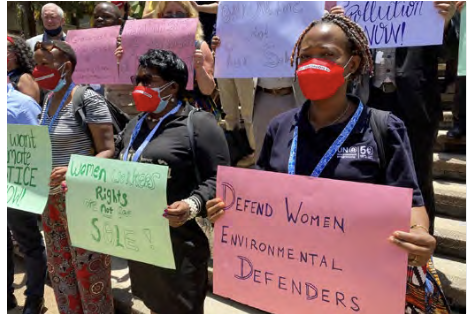
About
WECF and partners CEJAD, AEEFG, BIOM, WEP, NEXUS and Reaccion Climatic studied the gender-differentiated impacts of chemicals, plastics and waste in Bolivia, Indonesia, Kenya, Kyrgyzstan, Nigeria and Tunisia. They also displayed women-led good practices to reduce chemical’s climate impact and environmental pollution. Scoping- studies were carried out based on field-visits, interviews and data collection, analysing how women and men are differently impacted by chemical pollution due to their roles, jobs and access to information and resources. The partners identified issues of concern, analysed policies and formulated recommendations for a gender-equal trans- formation to a non-toxic economy.
Climate impact
- Documentary films and reports highlight how diverse solutions are contributing to reducing pollution and protecting the climate.
- Concrete replicable examples of transitions towards climate resilient economic models using ecofriendly alternative solutions.
Gender impact
- Evidence how gender roles lead to gender-differentiated impacts: on reproductive health from hormone disruptors in plastic, waste or pesticides.
- Promotion of women’s leadership in creating positive change.
Scalability/replicability
- Replicable methodology and tools used for the scoping studies in 6 different countries.
- Concrete policy recommendations formulated to inform governments and agencies to a gender-just transition to a non-toxic, climate-resilient economy,
- International partnership involving 7 NGOs increase the ability to upscale the action.
read the latest from our network
We work across regions and movements in deep solidarity. Together, we’re building collective advocacy to global problems.


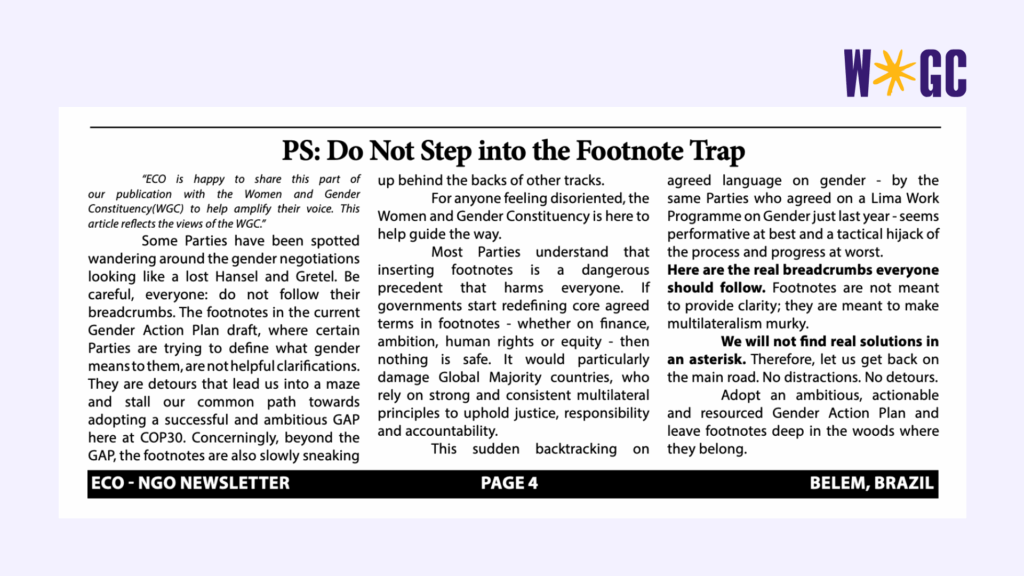
PS: Do Not Step into the Footnote Trap
19/11/2025
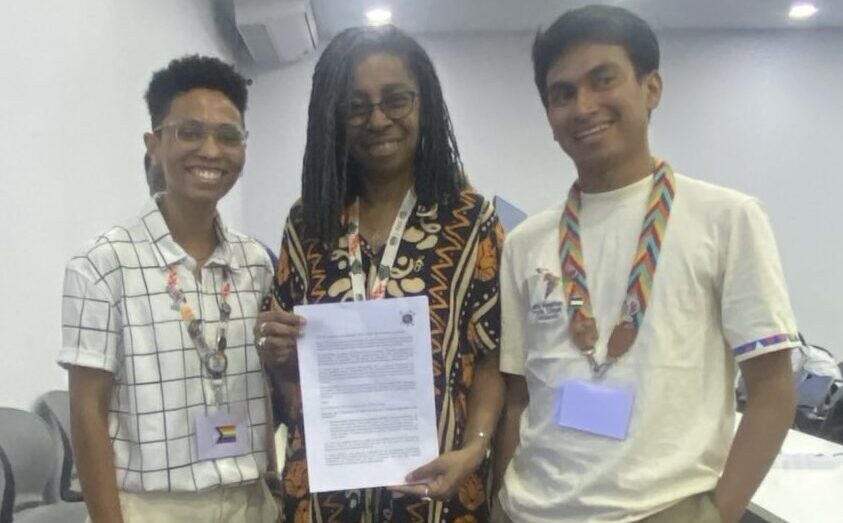
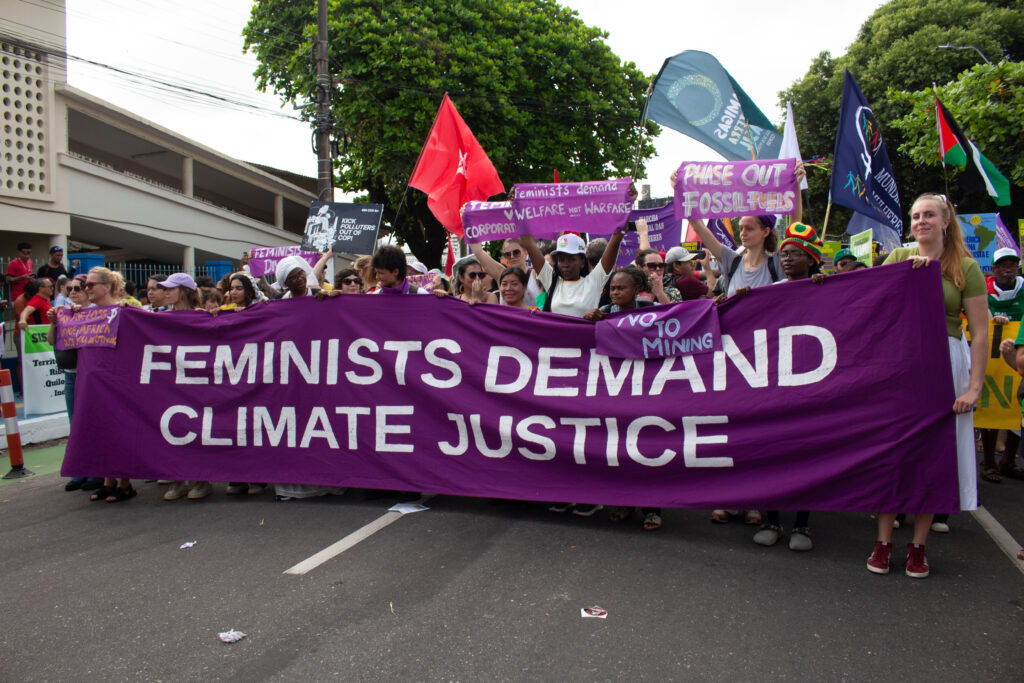
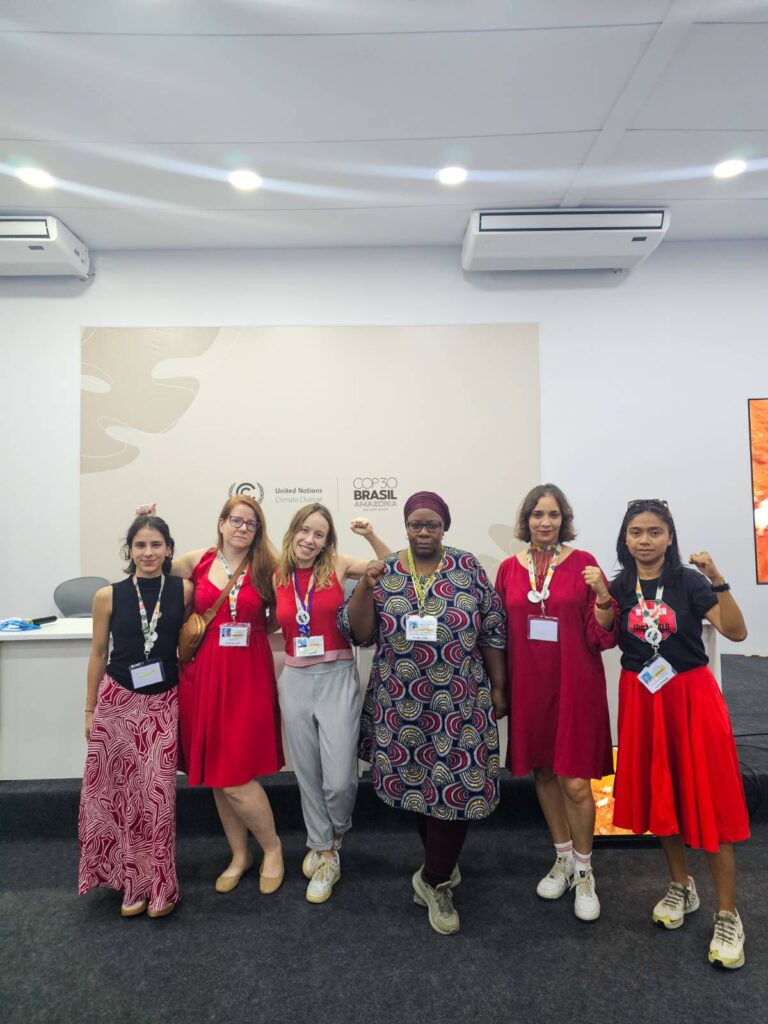
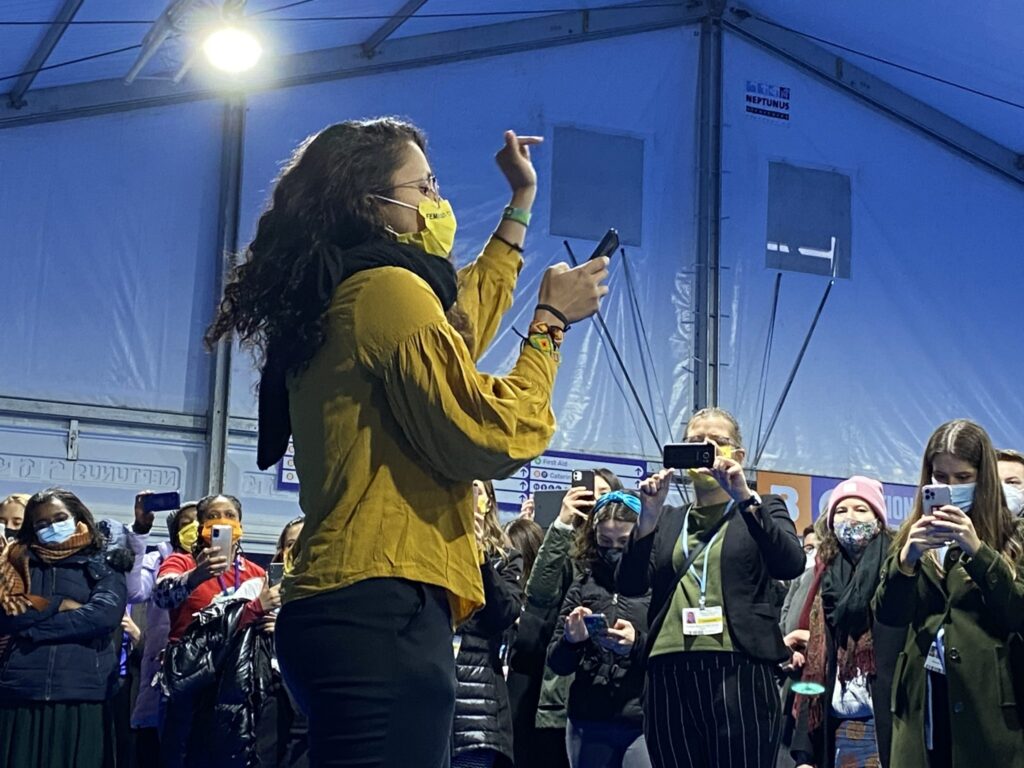
Gender Just Climate Action requires truth
12/11/2025


Nov 11 Action Alert: Gender Justice Day
10/11/2025

